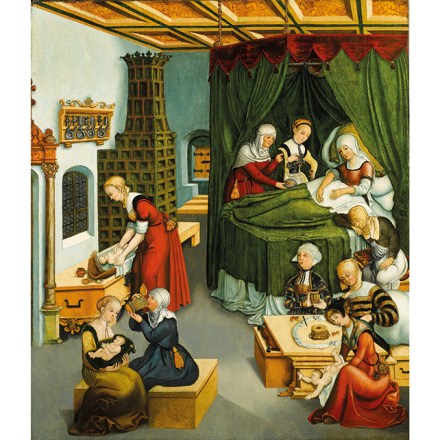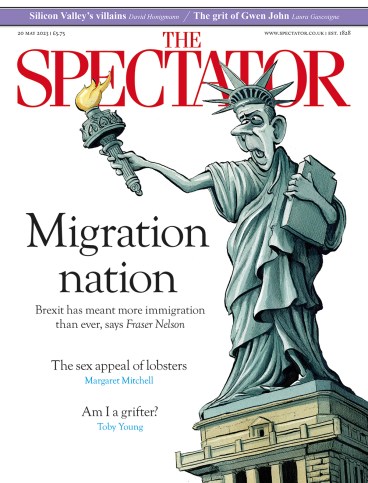Why are we so squeamish about describing women’s everyday experiences?
The way that language is shaped by the facts of biological sex is a rich subject. (The way that biological sex is framed, and sometimes refuses to be shaped, by language is perhaps one for another day.) Some languages have evolved forms which are distinctly those of male or female users. Japanese has speech patterns












